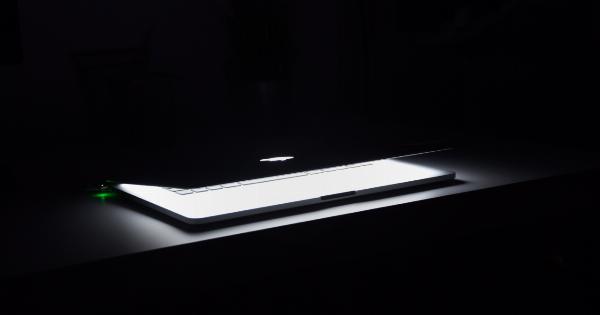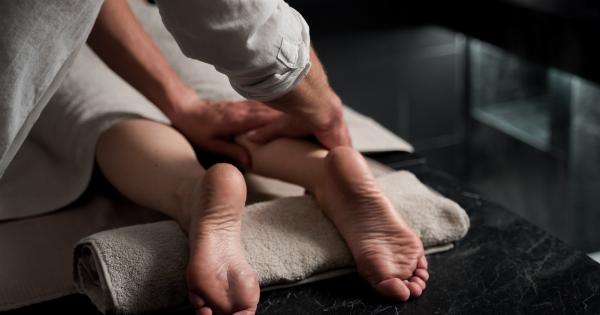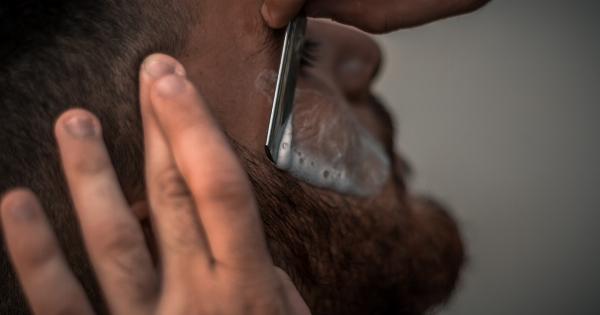Cotton swabs, often referred to as Q-tips, have been a staple in hygiene routines for decades. They are commonly used for various purposes, such as cleaning ears, applying makeup, and even tidying up small spaces.
However, recent research and expert opinions suggest that cotton swabs might be doing more harm than good. In this article, we will delve into the potential dangers associated with the misuse of cotton swabs and explore safer alternatives for everyday hygiene practices.
The Risks of Ear Cleaning with Cotton Swabs
One of the most widespread uses of cotton swabs is ear cleaning. Many people tend to believe that inserting a swab into the ear canal can effectively remove wax and debris. However, medical professionals strongly advise against this practice.
The delicate nature of the ear canal lining and the ear’s self-cleaning mechanism make the use of cotton swabs extremely risky.
Inserting a cotton swab too far into the ear canal can lead to various complications. The swab might push the wax further into the ear, causing blockages, discomfort, and even hearing loss.
Moreover, aggressive movements with a cotton swab can lacerate the ear canal, resulting in bleeding, infection, and possible damage to the eardrum.
Alternative Methods for Ear Cleaning
Instead of using cotton swabs, there are safer and more effective methods to clean your ears. One recommended approach is the use of eardrops specifically designed to soften excess earwax, assisting the ear’s natural self-cleaning process.
These drops can be obtained over-the-counter at pharmacies and are typically safe and easy to use.
If you experience excessive earwax buildup or are concerned about your hearing, it’s best to consult a healthcare professional.
They can examine your ears and provide the most suitable treatment, which may involve manual removal of the wax using specialized tools or irrigation techniques.
The Dangers of Cotton Swabs for Makeup Application
Cotton swabs are often employed for applying and correcting makeup, but their use in this context can also pose risks. The woven fibers of a cotton swab can easily fray and leave behind loose strands that may irritate the sensitive skin on the face.
These loose strands can potentially cause rashes, redness, or even damage to the cornea if they accidentally come into contact with the eyes.
Furthermore, using cotton swabs to blend or smudge makeup can be unhygienic. The swabs are porous and can trap bacteria, leading to potential skin infections or breakouts.
Instead, opt for clean brushes or makeup sponges for a more hygienic and seamless application.
Cotton Swabs and the Risk of Infections
While cotton swabs themselves may not directly cause infections, their misuse can certainly contribute to the risk. Many people use cotton swabs to clean wounds, assuming that they are a safe and efficient way to remove dirt and debris.
However, this practice can introduce bacteria or particles from the swab into the wound, increasing the likelihood of infections.
It is essential to properly clean and disinfect wounds by rinsing them with mild soap and water or using antiseptic solutions recommended by healthcare professionals.
For deeper or more serious wounds, seeking medical attention is advisable to ensure proper treatment and reduce the risk of infection.
Cotton Swabs and Impacted Debris
Attempting to remove visible debris or foreign objects using cotton swabs can be hazardous.
For instance, when a small particle, such as a splinter, is embedded in the skin, using a cotton swab to extract it may push it deeper or cause the object to break, complicating removal.
If you have a foreign object lodged in your skin or suspect the presence of debris, it is recommended to seek medical assistance.
Healthcare professionals possess the necessary tools and expertise to safely remove such objects without causing further harm or complications.
Safe and Appropriate Uses for Cotton Swabs
While there are several potential risks associated with the use of cotton swabs, they can still serve specific purposes when handled correctly. Here are a few safe and appropriate uses for cotton swabs:.
1. Nail Care: Cotton swabs are excellent for cleaning and applying polish around the edges of your nails.
2. Art and Craft Projects: Cotton swabs can be valuable tools for painting or applying small amounts of glue precisely.
3. Cleaning Hard-to-Reach Areas: Using a cotton swab can help you clean tiny spaces, such as keyboards, camera lenses, or even musical instruments.
4. First Aid: Cotton swabs can be employed to apply ointments or creams to small areas of the skin.
Conclusion
Although cotton swabs have been popularly used for various purposes, it is crucial to understand and acknowledge the potential dangers associated with their misuse.
The risks of ear damage, infections, and skin irritations outweigh the benefits of using cotton swabs for cleaning and hygiene. By adopting safer alternatives and employing cotton swabs only in appropriate situations, we can prioritize our overall well-being and minimize the potential harm caused by these seemingly harmless tools.































